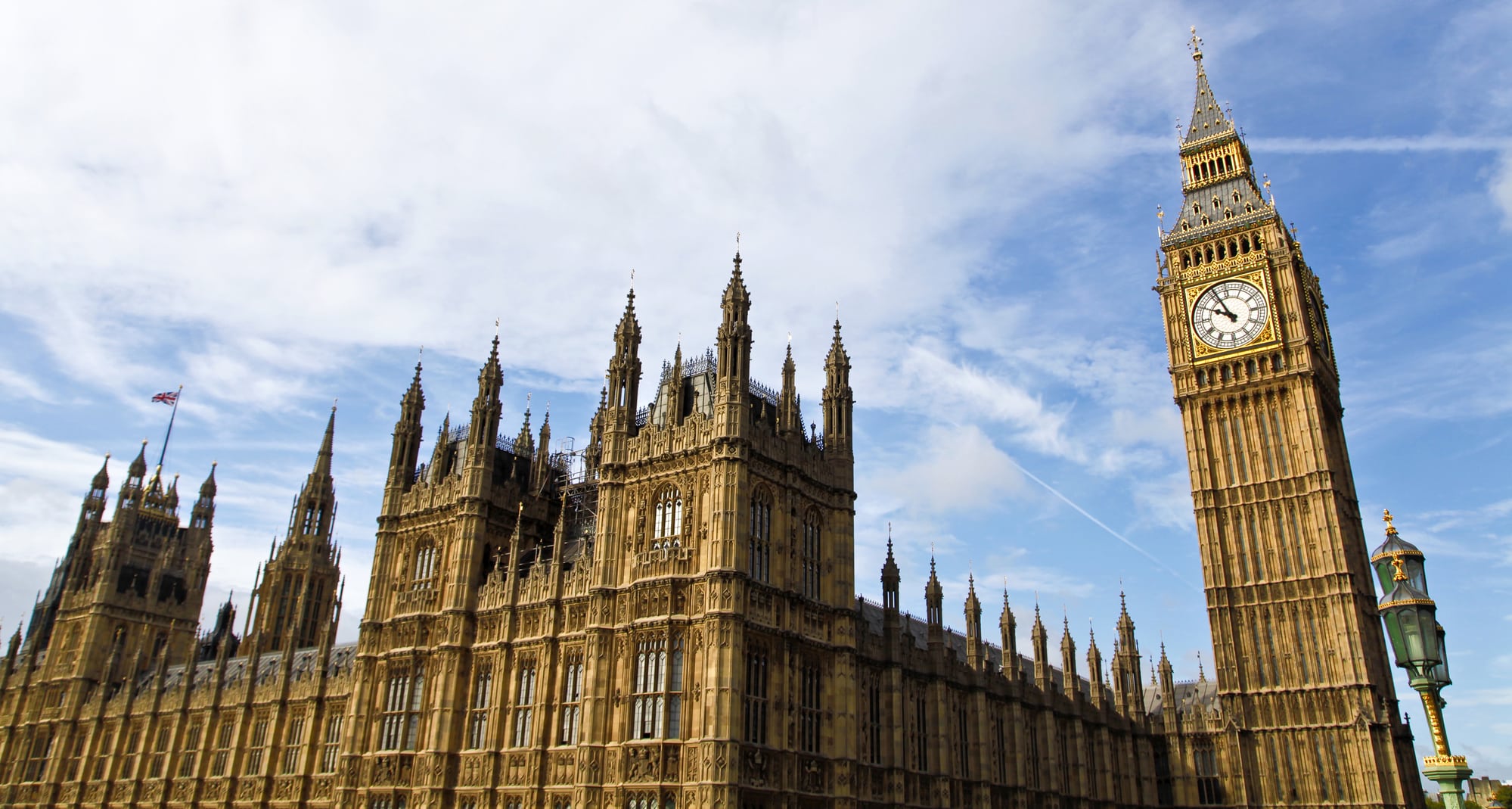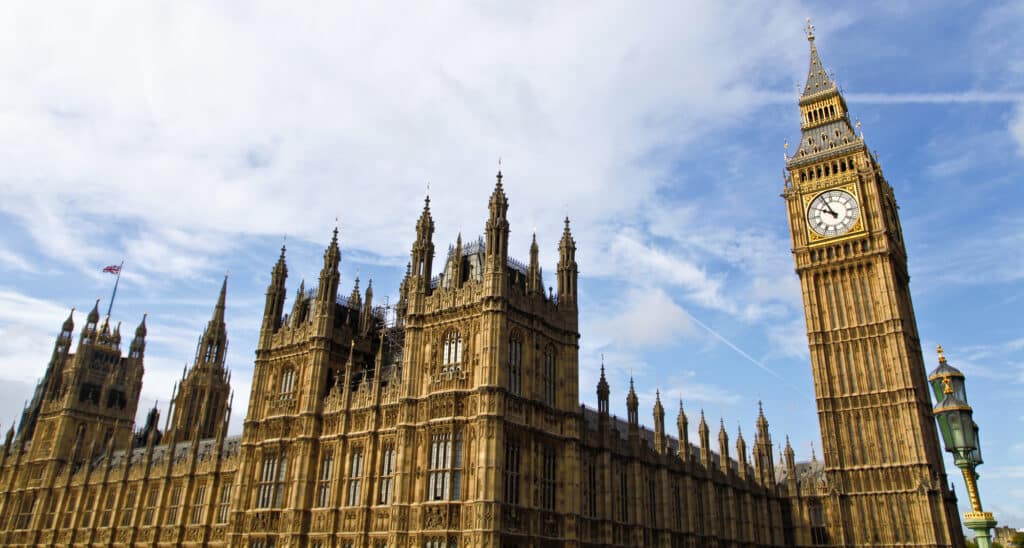What will constitute Adequate Procedures?
Business Ethics Debates | read time: 5 min
Published: 29 April 2013

Earlier this year the UK updated its anti-bribery laws with the passing of the Bribery Bill. Since then, businesses have been awaiting guidance on the new legislation from the Ministry of Justice, specifically on Adequate Procedures, the only defence against a charge of corporate corruption.
At a recent House of Lords debate, GoodCorporation invited senior directors, lawyers, and heads of ethics and risk from some of the UK’s leading corporations to discuss Adequate Procedures.
Robert Wardle, former director of the Serious Fraud Office (SFO), currently working as a consultant for DLA Piper, led the discussion.
The debate began with a summary of the draft guidance on Adequate Procedures provided in the autumn by the Ministry of Justice. This focuses on six key principles designed to help businesses to understand the policies and procedures they should put in place in order to prevent bribery occurring within their own organisations.
These principles are as follows:
- Risk Assessment
- Senior-level commitment
- Due Diligence
- Clear, practical and accessible policies and procedures
- Effective Implementation
- Monitoring and Review
The final guidance on the Act will be published in January 2011 and will be vital to its success. The Act, it was said, modernises the UK’s bribery laws and, unlike the previous legislation, should facilitate prosecution. However, the real impact of the Act will depend on prosecutorial discretion and the decision whether or not to prosecute. Some felt that it would be small and medium sized companies that would be susceptible to prosecution as they were perhaps less likely to have invested time and resources into ensuring that Adequate Procedures were in place.
Many organisations felt that they broadly have Adequate Procedures in place, as they have been complying with the US’s Foreign Corrupt Practices Act (FCPA) for some time. Some further tightening of procedures to comply with the UK was anticipated, but for these companies, it was not expected to be problematic. Indeed, the opportunity to raise the bar, review systems and improve policies was welcomed. However, there were two particular areas where the new UK legislation differs significantly from that of the US, notably Facilitation Payments and Bribing a Foreign Public Official.
The problem of making payments under threat was discussed and it was suggested that behaviour after an individual had been coerced would be critical. Prosecutors are likely to expect firm and decisive action objecting to payment demands. This can take several forms; protests to the relevant local authorities, to British embassies and to any corporation whose employees are making such demands. For this to happen, it will be essential that businesses know when their staff are forced into making facilitation payments.
Procedures to enable communication will be vital in this area and it was hoped that the Guidance would give specific advice as far as facilitation payments were concerned as it was felt to be a particularly complex problem.
Clarity was also called for on the Section 6 offence of bribing a foreign public official. It was suggested that in some countries it is not always clear who is a public official. Will prosecutors take this into account and how will section 6 be enforced? It was hoped that the Guidance will answer these questions.
The problem of intermediaries, partners and agents was also highlighted; for large organisations operating in multiple global countries this is the real challenge under the new Act. Although businesses in this position are reviewing contracts and increasing due diligence, there is concern that despite these measures it may not be possible to prevent corrupt behaviour in a remote market or location. The possible consequences of this are extremely worrying for business.
The debate examined the consequences of prosecution at length. On the one hand there was some cynicism as to the likelihood of a successful prosecution, on the other it was felt that there would be a concerted effort to ‘get a few scalps’. It was agreed that reputational damage was a serious consequence of corruption charges, equal to fines and imprisonment. No business wanted to be accused of corruption and this was driving much of the decisions to review procedure. It was also agreed that debarment would be catastrophic and that clarification on this point was necessary. Businesses also face a loss of revenue. Courts are under obligation to confiscate any profits that result from crime. In the case of corporate corruption, the value of the contract will be seen as the profit from the crime.
Despite the new legislation, it was still felt that bringing about a successful prosecution would be hard. Identifying when bribery has occurred, who did it and on whose behalf, is not easy. Nonetheless, it was felt that the legislation must have teeth in order to drive businesses to do all they can to prevent corruption. External auditing, it was suggested, should be an essential part of this process.
If businesses do all in their power to combat corruption and believe that their systems are robust, they should stand up to be investigated rather than enter a plea bargain with the SFO. This would create a further point of difference from the USA where the Department of Justice is seen as judge, jury and executioner. Under this system, a charge of corruption usually leads to plea bargaining and as a result, the ability to prosecute successfully is never truly tested.
The real purpose of the Act was also discussed. Although it was felt that the new Act would facilitate prosecution, it was suggested that this is not necessarily its overriding purpose. The corporate landscape is undoubtedly changing, what was acceptable ten years ago would be unthinkable today. Companies are pulling out of countries where it is not possible to do business without paying bribes – Ikea’s decision to leave Russia was quoted as an example. Other businesses revealed that they too had withdrawn from areas of the world that present too many challenges to ethical conduct. The Act, it was felt, would contribute significantly to that change in behaviour.
A further example of this would be a review of incentive and appraisal systems. Should rewards for exposing corruption be built into appraisals? Is there a corruption risk unwittingly built into sales incentives? Targets and incentives should be reviewed to ensure that employees are not tempted to resort to corruption in order to reach targets. Managing human behaviour is vital to controlling corruption.
Finally the debate turned to the question of Adequate Procedures versus Best Practice. Some felt that what would be expected was best practice rather than adequate practice. Until the final guidance is published, businesses will not really be sure that their systems will fully comply. The majority felt that they were on the right lines, but still have some work to do. All agreed that they would be watching what happens next with interest.
GoodCorporation Business Ethics Debate November 2010
work with us
